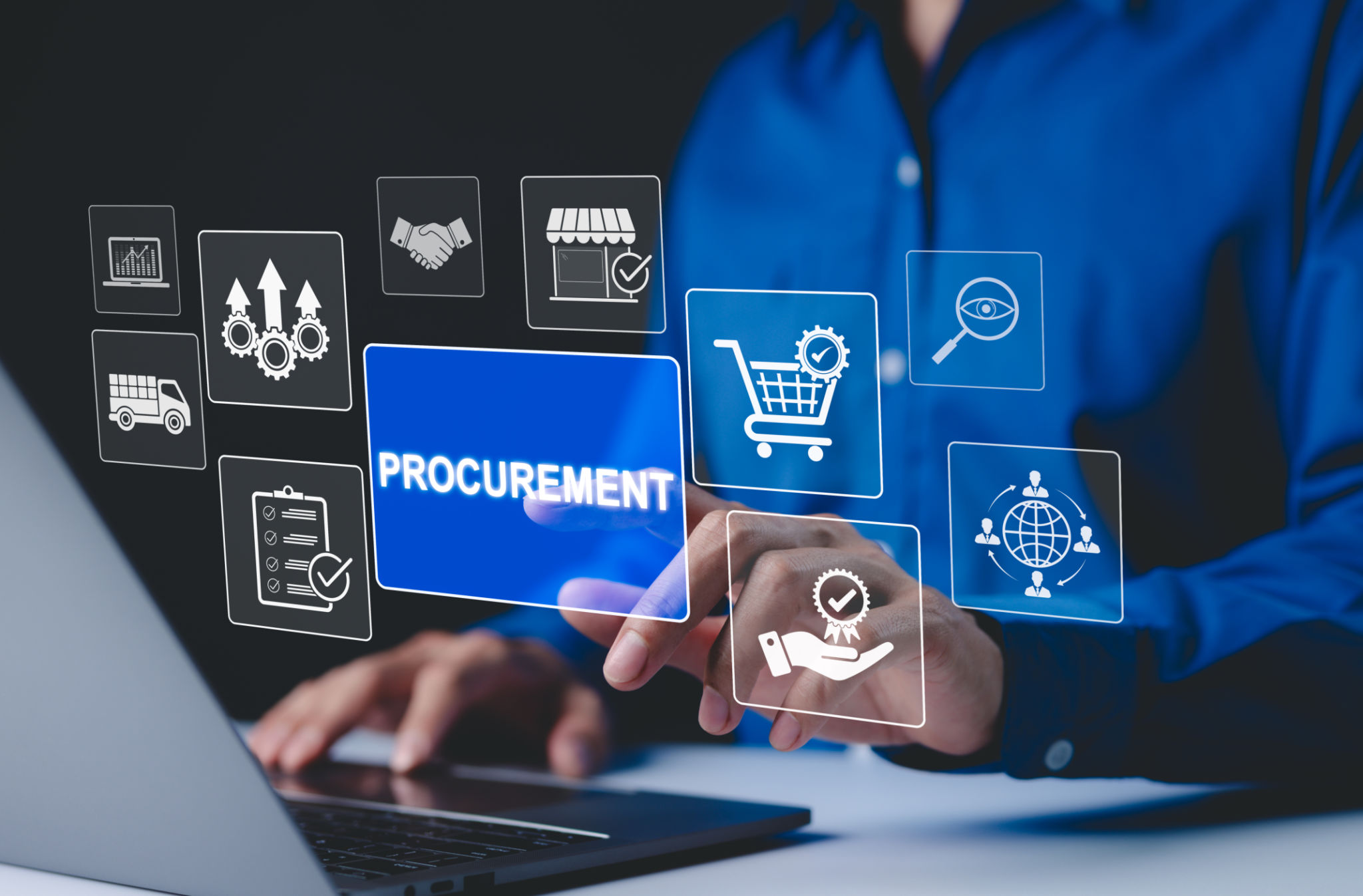The Complete Guide to Procurement Services for Industrial Projects
Understanding Procurement Services
Procurement services are a crucial component of industrial projects, ensuring that all necessary resources, materials, and services are acquired efficiently and cost-effectively. These services involve the process of selecting vendors, negotiating contracts, purchasing goods, and managing supply chains to support project needs. For industrial projects, effective procurement is essential to maintain timelines and budgets.

The Role of Procurement in Industrial Projects
In the context of industrial projects, procurement services play a vital role in securing the quality and quantity of materials required. This not only involves sourcing raw materials but also includes securing machinery, technology, and skilled labor. Effective procurement ensures that projects proceed without unnecessary delays due to resource shortages.
Procurement professionals work closely with various departments to understand project specifications and requirements. Their role extends to managing supplier relationships, ensuring compliance with industry standards, and mitigating risks associated with supply chain disruptions.
Key Steps in the Procurement Process
The procurement process for industrial projects typically follows a structured approach. Here are some critical steps involved:
- Needs Identification: Determine what materials and services are required for the project.
- Supplier Research: Identify potential suppliers who can meet project requirements.
- Request for Proposal (RFP): Invite suppliers to submit proposals or bids.
- Evaluation and Selection: Assess proposals and select the best supplier based on criteria such as cost, quality, and reliability.
- Contract Negotiation: Negotiate terms and conditions with selected suppliers.
- Order Placement: Issue purchase orders to suppliers.
- Delivery and Inspection: Receive goods and inspect them for quality assurance.
- Payment and Record Keeping: Complete payment processes and maintain records for future reference.

Challenges in Procurement for Industrial Projects
Despite its importance, procurement in industrial projects can face several challenges. One major challenge is managing supplier relationships in a global market where currency fluctuations, geopolitical issues, and international trade regulations can impact supply chains. Additionally, ensuring compliance with environmental regulations adds another layer of complexity.
Industrial projects often face the challenge of balancing cost efficiency with quality standards. This requires procurement teams to conduct thorough market analysis and supplier evaluations to make informed decisions. Furthermore, aligning procurement strategies with overall project objectives is crucial to achieve desired outcomes.
Strategies for Effective Procurement
To overcome challenges and optimize procurement processes, companies can adopt several strategies. Implementing a robust supply chain management system can streamline operations and provide real-time insights into inventory levels and supplier performance. Leveraging technology such as procurement software can enhance data analysis capabilities and improve decision-making.

Building strong relationships with suppliers is another effective strategy. By fostering transparent communication and collaboration, companies can negotiate better terms and ensure a reliable supply of materials. Additionally, incorporating sustainability criteria in procurement decisions can align industrial projects with environmental goals, fostering long-term growth and compliance.
The Future of Procurement in Industrial Projects
The future of procurement in industrial projects is poised to be shaped by technological advancements such as artificial intelligence, blockchain, and the Internet of Things (IoT). These technologies promise to enhance transparency, efficiency, and accuracy in procurement processes. AI-powered analytics can predict demand trends, while blockchain ensures secure transactions and traceability.
As industries continue to evolve, procurement strategies must adapt to changing market dynamics. Embracing digital transformation and fostering innovation will be key to navigating the challenges and opportunities in the procurement landscape. Ultimately, effective procurement services will remain indispensable for the success of industrial projects.

